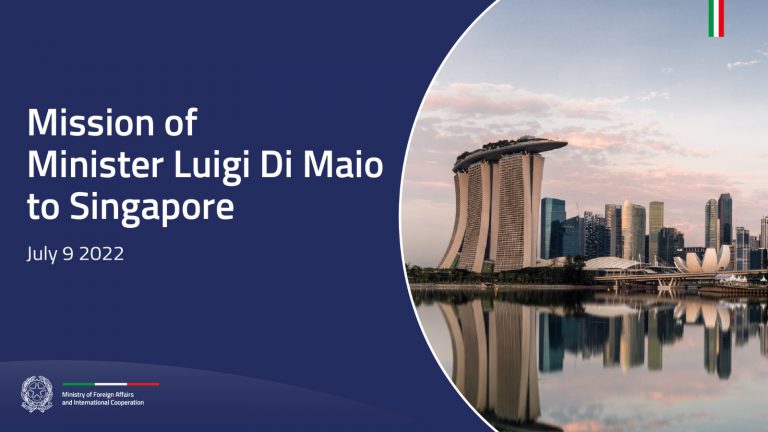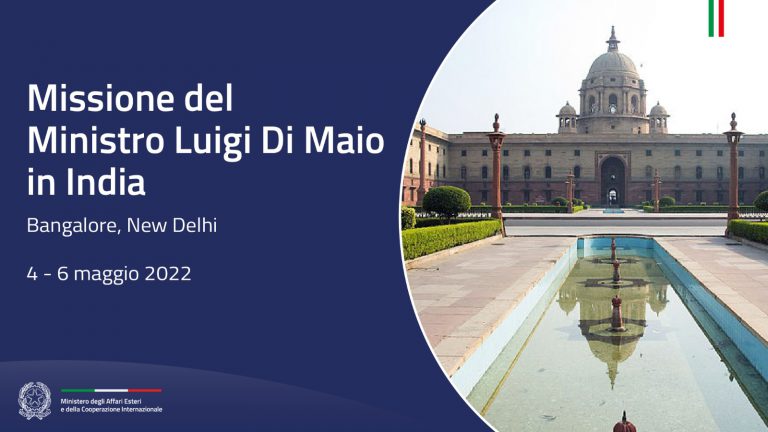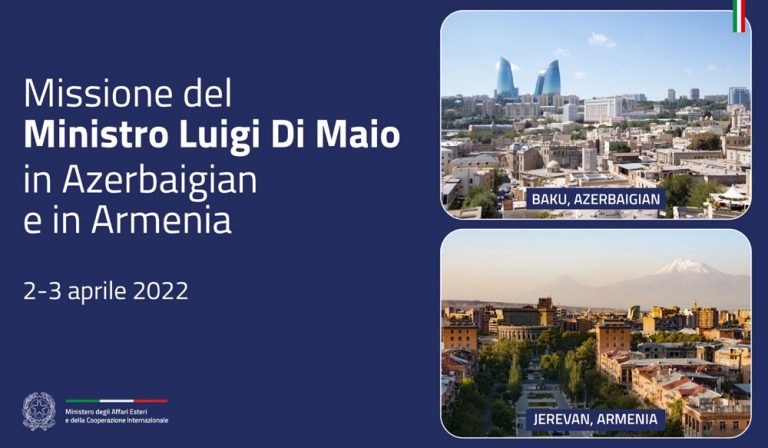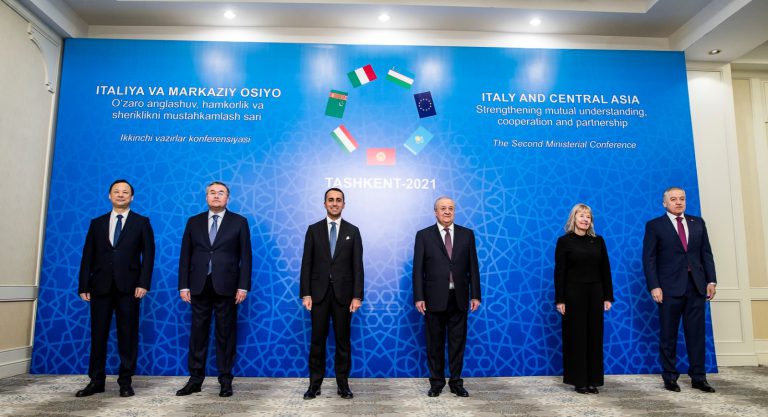The letter from Mr. Luigi Cortesi published yesterday [16 October] in your newspaper gives me an opportunity to give readers of “L’Eco” further information on the two questions raised by your correspondent.
On the disciplinary procedure against Minister Plenipotentiary Mario Andrea Vattani a reminder of the facts, as already illustrated during parliamentary questions, seems timely. The Foreign Ministry’s decision to recall Minister Plenipotentiary Mario Andrea Vattani from his previous position as Consul General in Osaka, and the penalties imposed on him by the Disciplinary Committee of the Ministry of Foreign Affairs, were arrived at separately, each in its specific and independent procedural and judicial sphere. They were motivated by observation of the damage to the Ministry caused by certain aspects of his conduct.
The legitimacy of his recall was confirmed by the ruling of the Council of State, stating that “the enquiries conducted by the Ministry revealed ample and consistent evidence and showed the broad reach of the events in question”. It was not, therefore, Minister Vattani’s past membership of any political grouping that was under examination. It was, rather, the fact that specific conduct of his (words and gestures) was incompatible with the functions of a Consul General abroad representing the state at a very high level. Conduct that was clearly “identifiable” – as seen at the May 2011 performance at “Casa Pound” in Rome – as pertaining to a movement hostile to the institutions of the Republic.
Let me turn to the case of our two marines in India, the logical link of which to a disciplinary case internal to the Farnesina I frankly cannot fathom. […]. Responsibility for the content of the letter, I would suggest, should remain with its author.
I wish, however, to grasp this opportunity to remind readers of “L’Eco” of the facts of the case and the steps taken by the Italian Government to resolve it, with the support of Parliament and in constant dialogue with public opinion and continuous up-dates in the national press.
The Enrica Lexie entered Indian waters as the result of a subterfuge by the local police, who had asked the ship’s commander to head for the port of Kochi to help identify some individuals suspected of piracy.
The marines were “handed over” only after force was exercised by the Indian police, who had boarded the Enrica Lexie. In these circumstances, the immediate objective – subsequently achieved – was to ensure that our marines were detained in decent conditions in keeping with their status as members of the armed forces. Further priorities were to immediately take all actions necessary to ensure an effective Italian presence “at the heart” of the investigations. We also ensured that the legal defence was fully involved in all stages of the proceedings, with a highly qualified team of Italian and international legal experts. Over 50 officials, including lawyers, experts and diplomats are working on this dossier.
At the diplomacy level the Ministry of Foreign Affairs, liaising closely with the Ministries of Defence and Justice and under the guidance of the Prime Minister’s Office, is working in every possible way to bring to bear the two fundamental principles which, under international law, apply to this episode. These are: the sole jurisdiction of the flag state in international waters and the immunity of two military officers operating as agents of the Italian state in combating piracy.
This awareness-raising activity has been conducted with the support of international organisations and of important countries we consider as friends. We have brought the case to the attention of the European Union, the G8, ASEAN. I have spoken myself to the United Nations Secretary General, Ban Ki-moon. A detailed list of the over 100 meetings in which I have personally raised the question in bilateral discussions with countries close to us or at international conferences would be too long for the space available in a newspaper. Just a few weeks ago the Prime Minister, at the General Assembly of the United Nations – a large and authoritative meeting indeed – underscored that the “Indian precedent” could have dangerous repercussions on the effectiveness of international operations to combat piracy and terrorism.
We will not rest until Salvatore Girone and Massimiliano Latorre come back home. I trust, therefore, that anyone who is truly interested in their fate will continue to express sympathy and support for our two marines. I trust that they will spur the government on, even in critical tones, in the spirit of someone “playing in the same team”, in the conviction that we are all working to achieve the same objective.
Thank you for publishing this letter.





